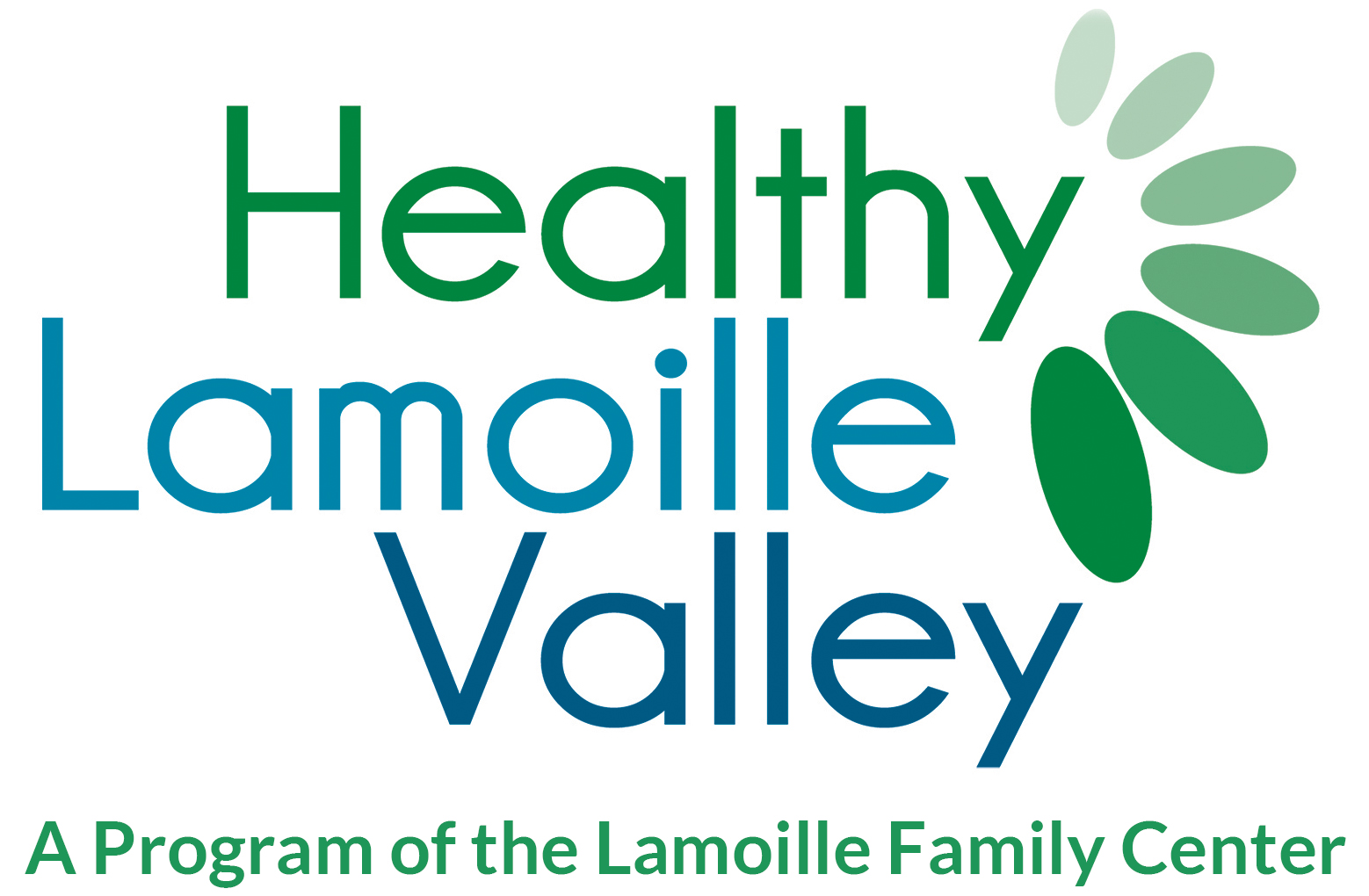
Part 1 of a 4 part series.
We are often asked, “What is the best age to begin talking with kids about substance prevention?” Our simple answer, “It’s never too early to start these conversations.”
“It’s better to have lots of little conversations vs. one big conversation.” – Dr. Katie Marvin, Healthy Lamoille Valley Coalition Member
Katie is so right, talking to our kids about substances is a series of small conversations that take advantage of teachable moments. Here are a few tips:
- Start simple – Teach your little kids to ask you before they eat or drink anything. This will help them avoid accidentally ingesting something harmful. Medicines often look like candy.
- Talk with them about keeping their growing bodies healthy and working right. Alcohol, tobacco, pills, and other drugs hurt growing brains and bodies.
- Talk about medicines and only taking medicines that are given by a parent or a doctor.
- Be mindful how you refer to your own substance use. Talk about how some things are best once brains and bodies are done growing. Avoid calling adult use substances medicines, candy, special juice or other things that may make it seem appealing to children.
When your kids get a little older and start to go to play dates without parents, it’s a good time to deepen these conversations.
- Talk about checking with the parent/adult in the home before eating and drinking anything. With cannabis edibles even candy or baked goods may contain adult use substances.
- Ask kids what types of things make them feel uncomfortable. Teach them to listen to their feelings, emotions, and bodies. If they are feeling uncomfortable with something, even if they can’t see it, teach them to act. Let them know they can always ask to call or text to come home. Letting them know that not feeling good about something is a form of not feeling well, or teaching them a code word such as asking if “Aunt Sara is coming over” gives them a way out.
“Aunt Sara” is a quiet way for your child to let you know they are uncomfortable in a situation. Even if you are at the same location your kids may be experiencing something upsetting or being asked to do something that they don’t want to do – this could include using substances. Providing them with a low key way helps them to get out of tricky situations without possible embarrassment or fear of being overheard explaining the issues in front of others. The name or family member should be customized to your family. Once your child asks the question, “Is Aunt Sara coming over soon?” it’s your cue to get them out of that tricky situation.
- Young children ask questions. Answer their questions, honestly and at an age appropriate level.
- Use media as an opportunity to talk about substance misuse. When you encounter substance use on tv or in a movie, talk about it. The media often glamorizes substance use, but the real life consequences may be very different. Talk about that.
- Send a clear no use message to your kids, they will listen. Talk about hopes and dreams, focus on what they want to be good at. Discuss how drinking alcohol, using tobacco (vaping, chew, or cigarettes, etc.), cannabis/marijuana, or taking medicines not prescribed to us or in ways not prescribed will impact those hopes and dreams.
- Teach them how to handle stress in positive ways.
- Teach them how to fill free/unscheduled time with meaningful activities. This will help alleviate boredom and reduce the risk of substance misuse.
- Find ways to let them know that they can come to you about anything, including if they make a mistake. Model saying sorry and asking for forgiveness. They need to know that parents make mistakes too. They need to know that they can talk to you no matter what and that you will still love them.
While it’s important to talk early and often there are two other things to remember when it comes to preventing our kids from using substances:
- Your kids are watching. They will likely do what you do. If you use substances as your primary way to have fun or deal with stress they will be likely to as well.
- Secure all adult use substances and medicines (including over the counter medicines and supplements). This includes locking them up and keeping them out of reach. Even something as common as Tylenol can cause liver damage and death if ingested in higher than recommended dosing. Kids bodies are impacted much quicker than adult bodies.
Our go-to resource! Parentupvt.org is a website designed to help parents have conversations with preteens and teens, but many of the skills are transferable to younger kids as well!
